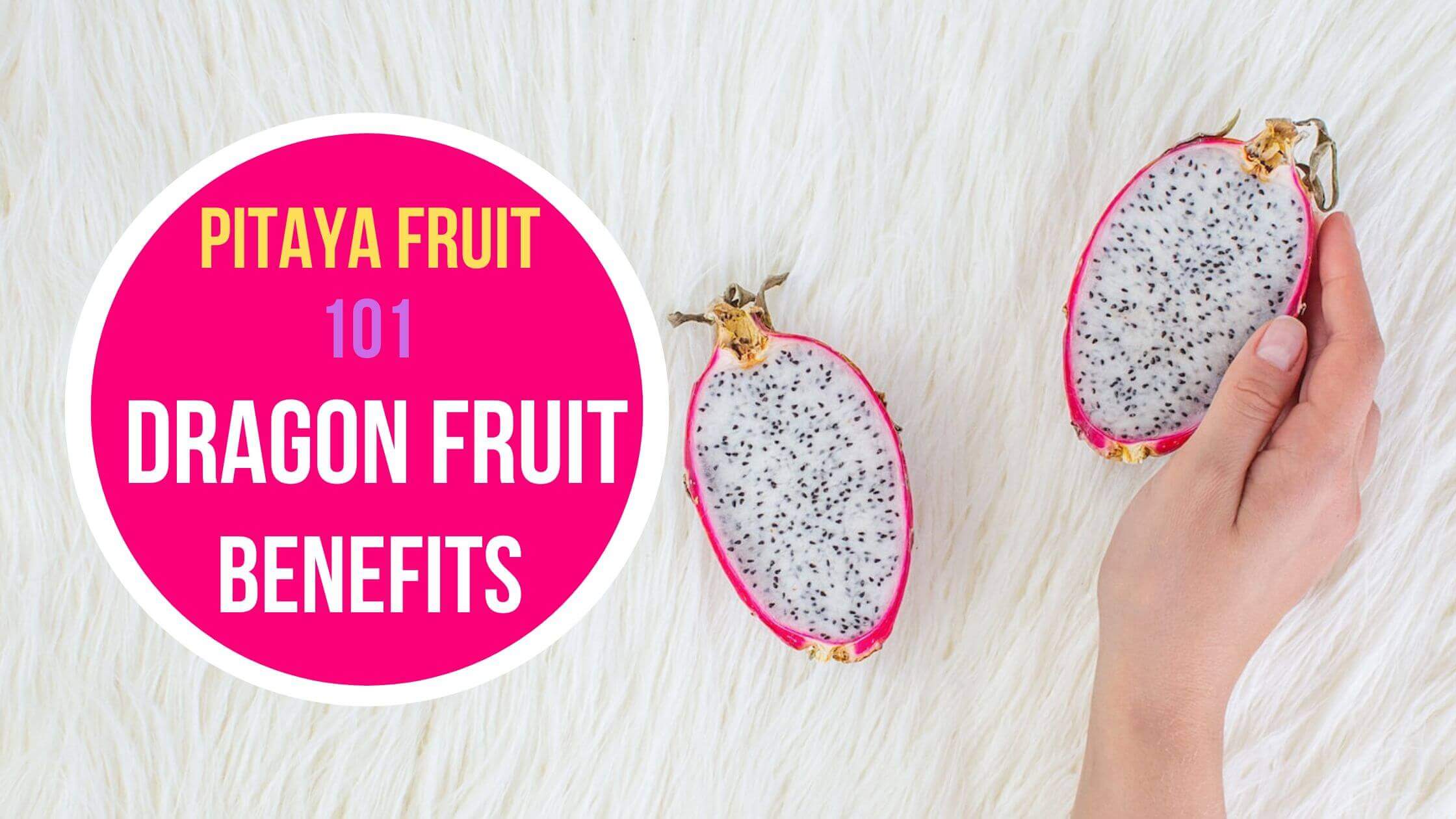Hydrate & Refresh: How to Make a Smoothie with Watermelon?💦🍉...
Read MoreIndulging in Dessert on the Mediterranean Diet: A Guide to Healthy Treats
Are you a dessert lover who also wants to follow a healthy eating plan? The Mediterranean diet not only focuses on wholesome, nutrient-rich foods but also embraces delicious desserts that are both satisfying and good for you. In this guide, we will explore the sweet side of the Mediterranean diet and discover a variety of Dessert on the Mediterranean Diet treats that won’t derail your healthy lifestyle goals.
Table of Contents
ToggleFrom fresh fruit platters drizzled with honey to mouthwatering yogurt parfaits layered with nuts and berries, the Mediterranean diet offers a plethora of guilt-free dessert options. Packed with antioxidants, vitamins, and healthy fats, these treats not only satisfy your sweet tooth but also provide essential nutrients for overall well-being.
Join us as we delve into the world of Mediterranean desserts and unlock the secrets to enjoying delectable treats without compromising your health.
Whether you have a special occasion to celebrate or simply need a little something to brighten your day, this guide is here to show you that indulging in desserts can still be a part of a balanced and nourishing lifestyle. So, let’s savor the sweetness of the Mediterranean diet together, one scrumptious and healthy treat at a time!
Understanding the Benefits of the Mediterranean Diet
The Mediterranean diet is a well-known eating plan that emphasizes the consumption of whole, nutrient-dense foods such as fruits, vegetables, nuts, seeds, legumes, whole grains, lean proteins, and healthy fats.
It is based on the traditional eating patterns of people living in the Mediterranean region, who are known for their longevity, low rates of chronic disease, and overall good health.
Research has shown that following a Mediterranean diet can have numerous health benefits, including a reduced risk of heart disease, cancer, type 2 diabetes, and Alzheimer’s disease. In addition, this diet is rich in antioxidants, fiber, vitamins, and minerals, which can help boost your immune system, improve your digestion, and support your overall well-being.
The Role of Desserts in the Mediterranean diet
When it comes to desserts, many people assume that they are off-limits on a healthy eating plan. However, the Mediterranean diet takes a different approach. While it is true that desserts should be consumed in moderation, they are still an important part of the Mediterranean lifestyle.
In the Mediterranean region, desserts are often enjoyed as a special treat during celebrations or as a way to mark the end of a meal. These desserts are typically made with wholesome ingredients such as fruits, nuts, honey, yogurt, and olive oil, which provide both flavor and nutrition.
How to Choose Healthier Dessert Options
When choosing desserts on the Mediterranean diet, it is important to focus on options that are lower in added sugars and higher in nutrients. Here are some tips for making healthier dessert choices:
- Look for desserts that are made with whole, natural ingredients such as fresh fruit, nuts, and yogurt.
- Avoid desserts that are high in refined sugars, such as candy, cookies, and cakes.
- Experiment with natural sweeteners such as honey, maple syrup, or stevia.
- Choose desserts that are rich in healthy fats, such as nuts, seeds, and avocados.
- Pay attention to portion sizes and enjoy desserts in moderation.
Incorporating Fruits in Your Dessert Recipes
One of the easiest ways to make your desserts healthier on the Mediterranean diet is to incorporate more fruits. Fruits are not only naturally sweet but also packed with vitamins, minerals, and fiber. Here are some ways to add more fruit to your dessert recipes:
- Top your yogurt or oatmeal with fresh berries and a drizzle of honey.
- Make a fruit salad using a variety of seasonal fruits and a sprinkle of chopped nuts.
- Grill or roast fruits such as peaches, pineapple, or figs and serve with a dollop of Greek yogurt.
- Bake fruit into healthy desserts such as apple crisp or berry crumble.
Greek yogurt and its Versatility in Mediterranean Desserts
Greek yogurt is a staple in the Mediterranean diet and is often used in desserts as a healthier alternative to heavy cream or sour cream. It is packed with protein, calcium, and probiotics, which can help improve digestion and boost your immune system.
Here are some ways to use Greek yogurt in your Mediterranean desserts:
- Make a Greek yogurt parfait by layering yogurt with fresh fruit, nuts, and granola.
- Use Greek yogurt as a base for healthy dips or spreads, such as tzatziki or hummus.
- Mix Greek yogurt with honey and cinnamon for a quick and easy dessert.
- Use Greek yogurt as a topping for healthy desserts such as fruit salad or baked fruit.
Traditional Mediterranean Dessert Recipes
If you’re looking to indulge in some traditional Mediterranean desserts, there are plenty of options to choose from. Here are some popular desserts from the Mediterranean region:
1. Baklava
Baklava is a sweet pastry made with layers of phyllo dough, chopped nuts, honey, and spices. It is popular throughout the Mediterranean region and is often served during special occasions.
2. Tiramisu
Tiramisu is an Italian dessert made with layers of ladyfingers, mascarpone cheese, espresso, and cocoa powder. While it is not traditionally Mediterranean, it has become a popular dessert in many Mediterranean restaurants.
3. Fresh Fruit Platter
A simple and healthy dessert option is a fresh fruit platter. This can include a variety of seasonal fruits such as berries, melon, grapes, and citrus fruits. Drizzle with honey and sprinkle with nuts for added flavor.
4. Greek Yogurt with Honey and Walnuts
This dessert is a classic in Greece and is often served as a snack or a light dessert. Simply mix Greek yogurt with honey and top with chopped walnuts for added crunch.
Substitutes for Unhealthy Ingredients in Desserts
One of the challenges of making desserts on the Mediterranean diet is finding substitutes for unhealthy ingredients such as refined sugar, white flour, and butter. Here are some healthier substitutions you can try:
- Use natural sweeteners such as honey, maple syrup, or stevia instead of refined sugar.
- Substitute whole wheat flour or almond flour for white flour.
- Use olive oil or coconut oil instead of butter.
- Use Greek yogurt or mashed bananas instead of sour cream.
Tips for Portion Control and Moderation
While Desserts are an important part of the Mediterranean diet, it is important to enjoy them in moderation. Here are some tips for practicing portion control and moderation:
- Use smaller plates and bowls to help control portion sizes.
- Share desserts with friends or family members.
- Enjoy desserts as a special treat and not an everyday indulgence.
- Listen to your body and stop eating when you feel satisfied.
Final Thoughts on Enjoying Guilt-Free Dessert on the Mediterranean diet
n conclusion, the Mediterranean diet offers a variety of delicious and healthy dessert options that can be enjoyed in moderation.
By focusing on whole, natural ingredients and limiting added sugars, you can indulge in guilt-free treats that not only satisfy your sweet tooth but also support your overall health and well-being.
So, go ahead and indulge in a slice of baklava or a bowl of Greek yogurt with honey and walnuts. Just remember to enjoy them in moderation and savor every bite.
Image Credit:
#DessertontheMediterraneanDiet, #MedDietDesserts #HealthyIndulgence #MediterraneanSweets #NutritiousTreats #SweetOnMedDiet #GuiltFreeDesserts #MediterraneanDessertGuide #BalancedIndulgence #DeliciouslyHealthy #SmartSweetTooth #MediterraneanDesserts
Related Posts:
Pitaya Fruit 101: Nutrients in Dragon Fruit and Benefits
Pitaya Fruit 101: Nutrients in Dragon Fruit and Benefits https://youtu.be/IqP47fmolwg...
Read More


